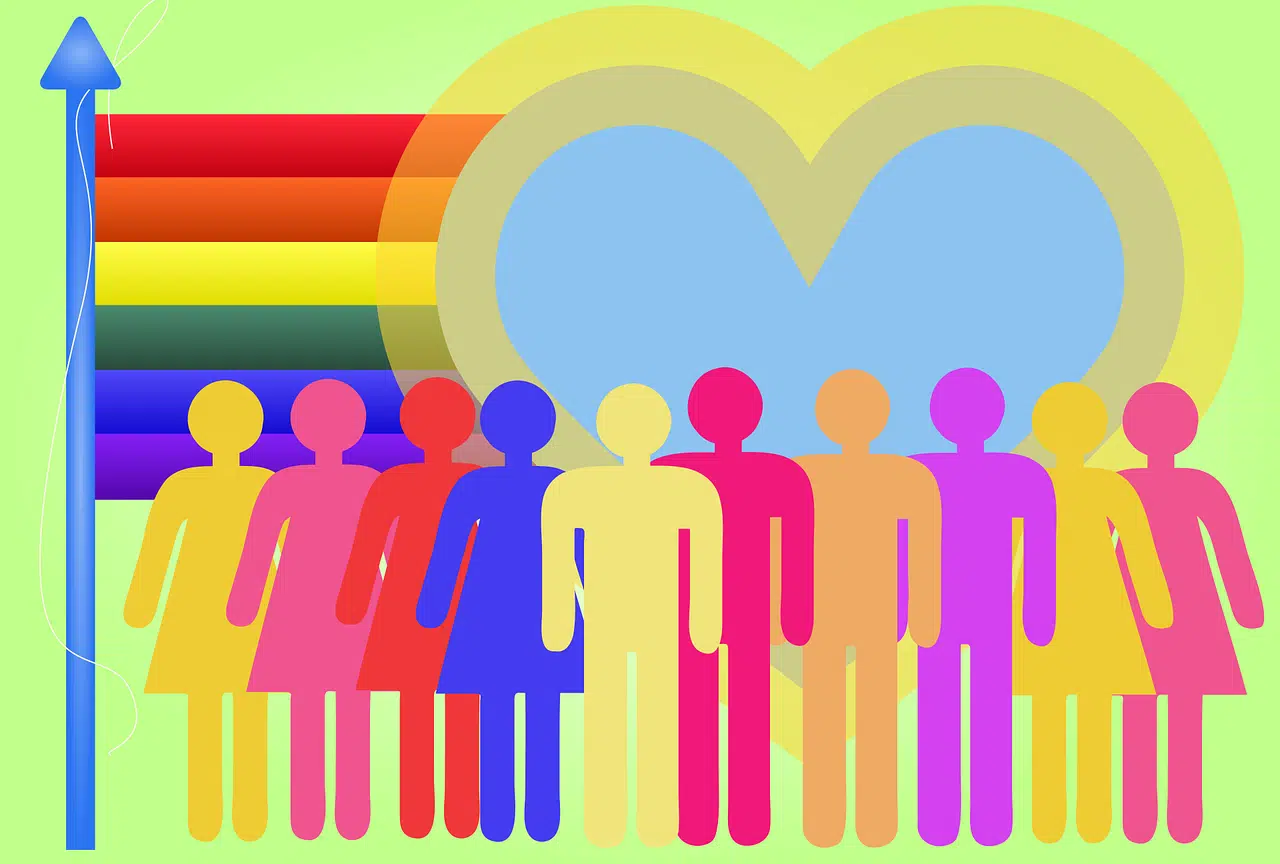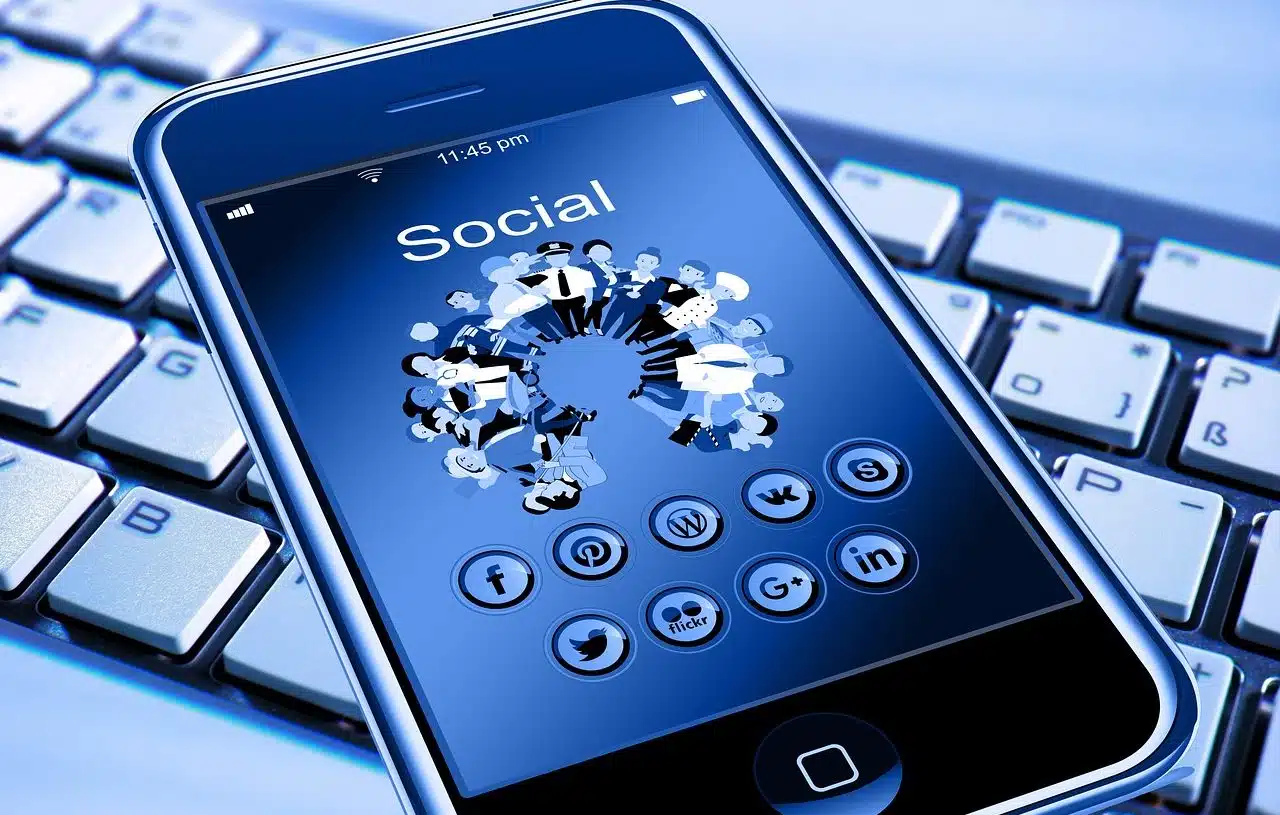
Inclusive language calls for gender-neutral terminology.
Inclusive language is a mode of expression that avoids definitions of gender or sex , encompassing women, men, transgender people and non-binary individuals alike. This is a notion that began to become popular in recent years.
It should be noted that the idea of language can be used with reference to the faculty of expression that the human being has; to a way of expressing oneself; or to language understood as a system of signs that serves to communicate. Inclusive , on the other hand, is an adjective that qualifies that which includes or allows to be included.
Recognition of diversity
There are those who consider that conventional language, whose rules in our language are established by the Royal Spanish Academy ( RAE ), is sexist . That is why they propose appealing to an inclusive language that takes into account all human diversity , including those who do not identify with either of the two genders linked to biology (woman / man).
In normal language, to greet people who are in a room, it is enough to say "Good morning everyone" , for example. The norms of Spanish include in the masculine term "everyone" also those who are not men. Some, however, prefer to use the expression "Good morning to all" to specify that the greeting is also addressed to women. But inclusive language goes one step further and proposes replacing the gender mark with a letter E or an

The adoption of inclusive language requires cultural adaptation.
Promoters and detractors of inclusive language
While feminism and other social movements push for the implementation of inclusive language, some intellectuals have already expressed their opposition or doubts. The Spanish Arturo Pérez-Reverte , the Canadian Steven Pinker and the Argentine Alan Pauls , among others, showed their reservations regarding the use of the E or the X to erase gender differences .
Both the detractors and the promoters of linguistic change have their reasons, and they are not afraid to present them in extensive opinion articles, in interviews and even in books entirely dedicated to this topic. One of the arguments presented by those who are in favor of modifying the language is that it is constantly evolving , that no one has told us "this is how far we have come" and that the adoption of inclusive terms would be just one of many changes that have been made. occurred and will occur due to the very nature of the communication.
There is, in short, linguistic activism for and against this mode of expression, whether in everyday speech, media, blogs and platforms. There are authors committed to non-sexist communication and who demand social awareness for a collective creation of language that includes all human beings; Other intellectuals, on the other hand, believe that these linguistic controversies make no sense.
Avoiding discrimination , especially in public speeches, is the goal of those who demand linguistic empathy . For them, women, transgender subjects and non-binary people can achieve empowerment through language using inclusive terminology.

Inclusive language is increasingly common on social networks.
Present and future
Why be afraid of a phenomenon that can improve the lives of so many people? Inclusive language is an ideal goal, a utopia, but we can achieve it if we open our minds and put ourselves in the shoes of those who suffer its absence. Let's think about the following example to understand how imprecise Spanish can be: if there are a million women and we want to refer to the entire group we say "all" ; However, if there are nine hundred and ninety-nine thousand, nine hundred and ninety-nine women and only one man, we are obliged to say "all." Just because of one man, we turn the entire group masculine.
Given that the language is not perfect but perfectible (that is, capable of being perfected), adopting the word "all" to refer to a mixed group is not accepting a defeat, it does not imply being disappointed in a being that we believed to be pristine, but rather retouching one. of the many defects of a human creation, just as we do with homes, furniture and electronic devices.
We know that these problems do not exist in other languages, that people of any sex and gender feel included in similar situations, and this should serve as an example for us to try to improve ours until we achieve the same level of comfort in all our speakers.
Examples of inclusive language
By way of closing the article, it is useful to review some examples of inclusive language.
Let's take the case of a teacher who advocates the depatriarchalization of language. Regardless of what the language academy indicates, try to avoid gender bias in class. Thus, to ask for silence in the room, he indicates: "Everyone be quiet, I can't explain that way." In turn, when he asks the students to hand him a practical assignment, he points out: "Students who have not yet submitted their work to me, please do so now."
Other examples are found in inclusive journalism. The presenter of a news program, in this way, can announce: «The Northern Train derailed and there were eight injuries, none of them serious. As a precaution, they were all transferred to the municipal hospital .
